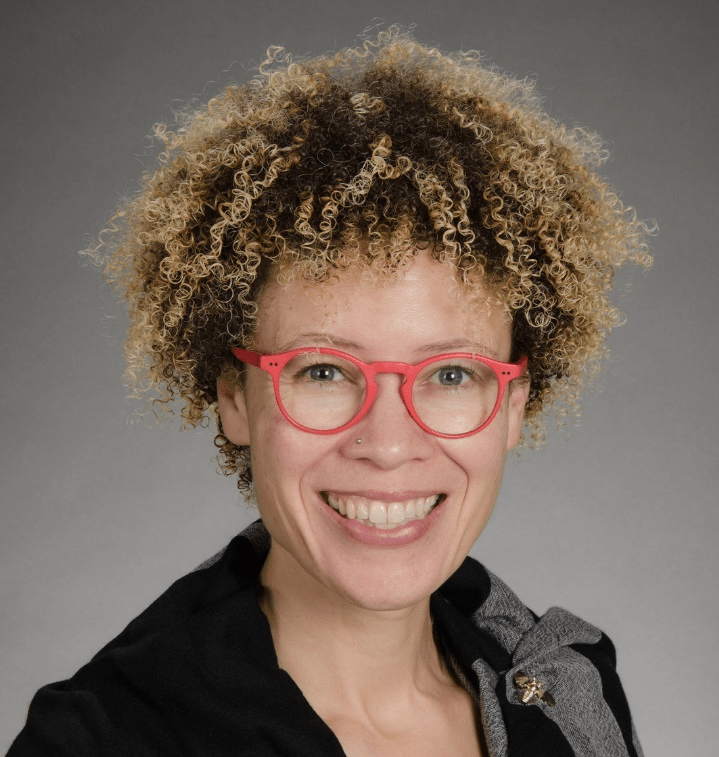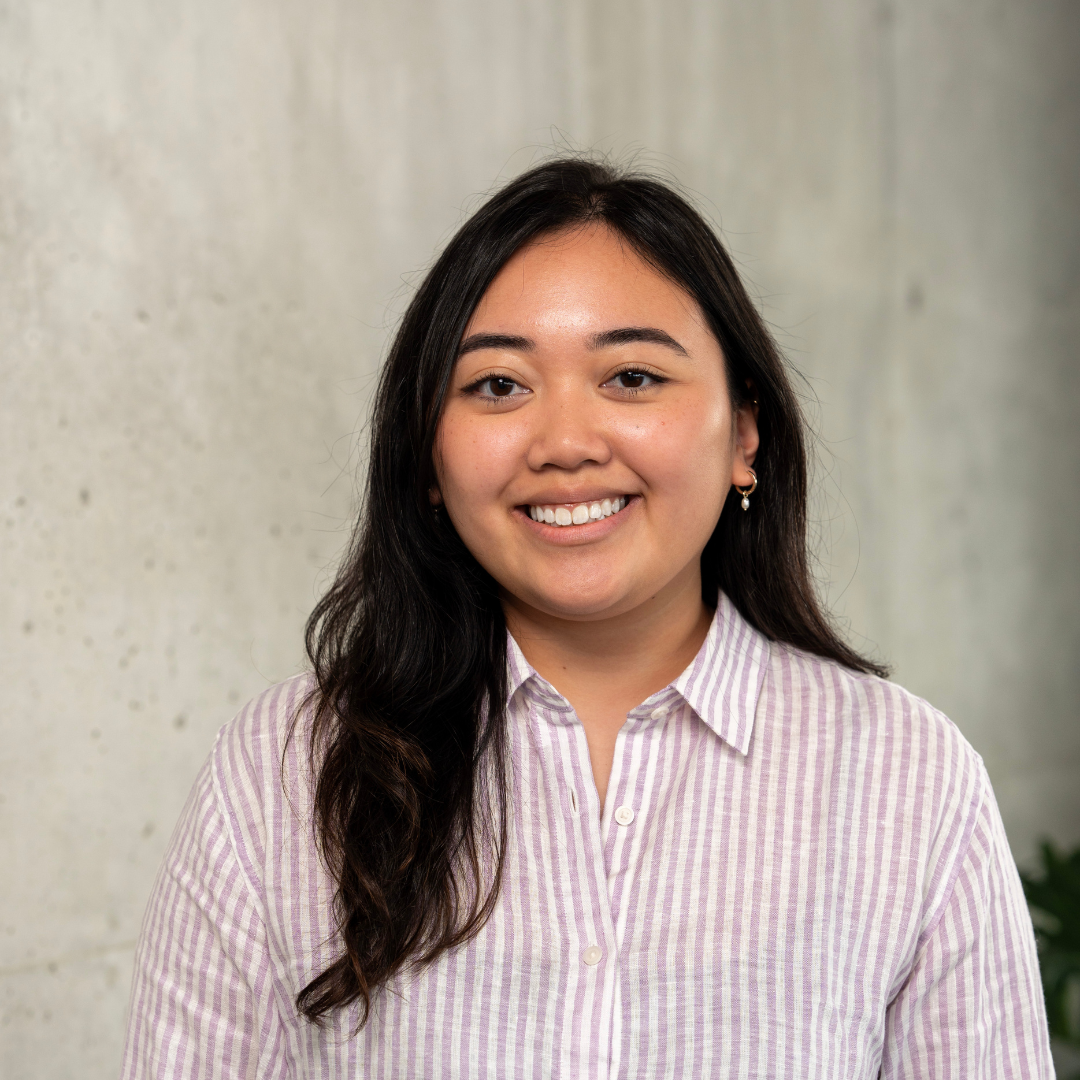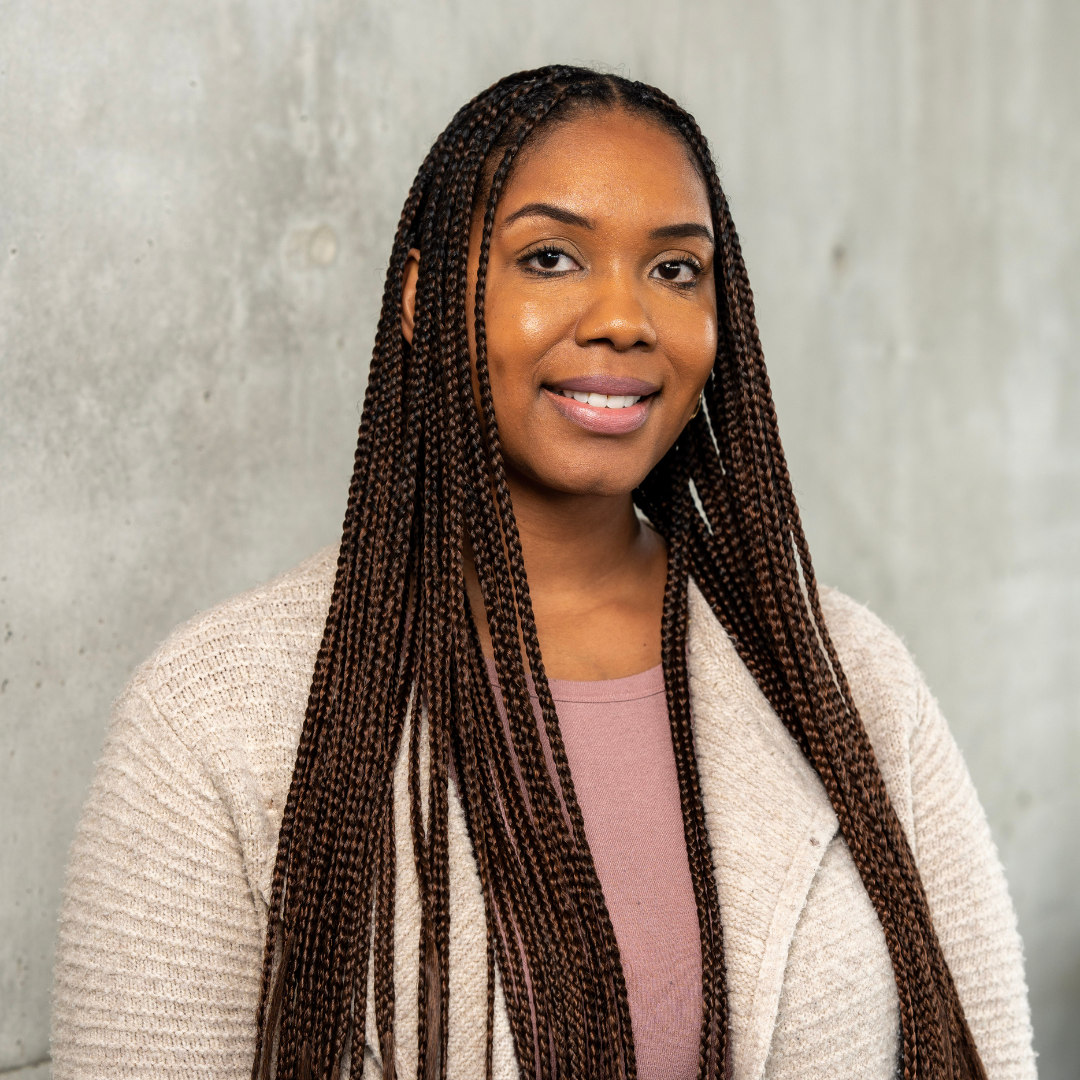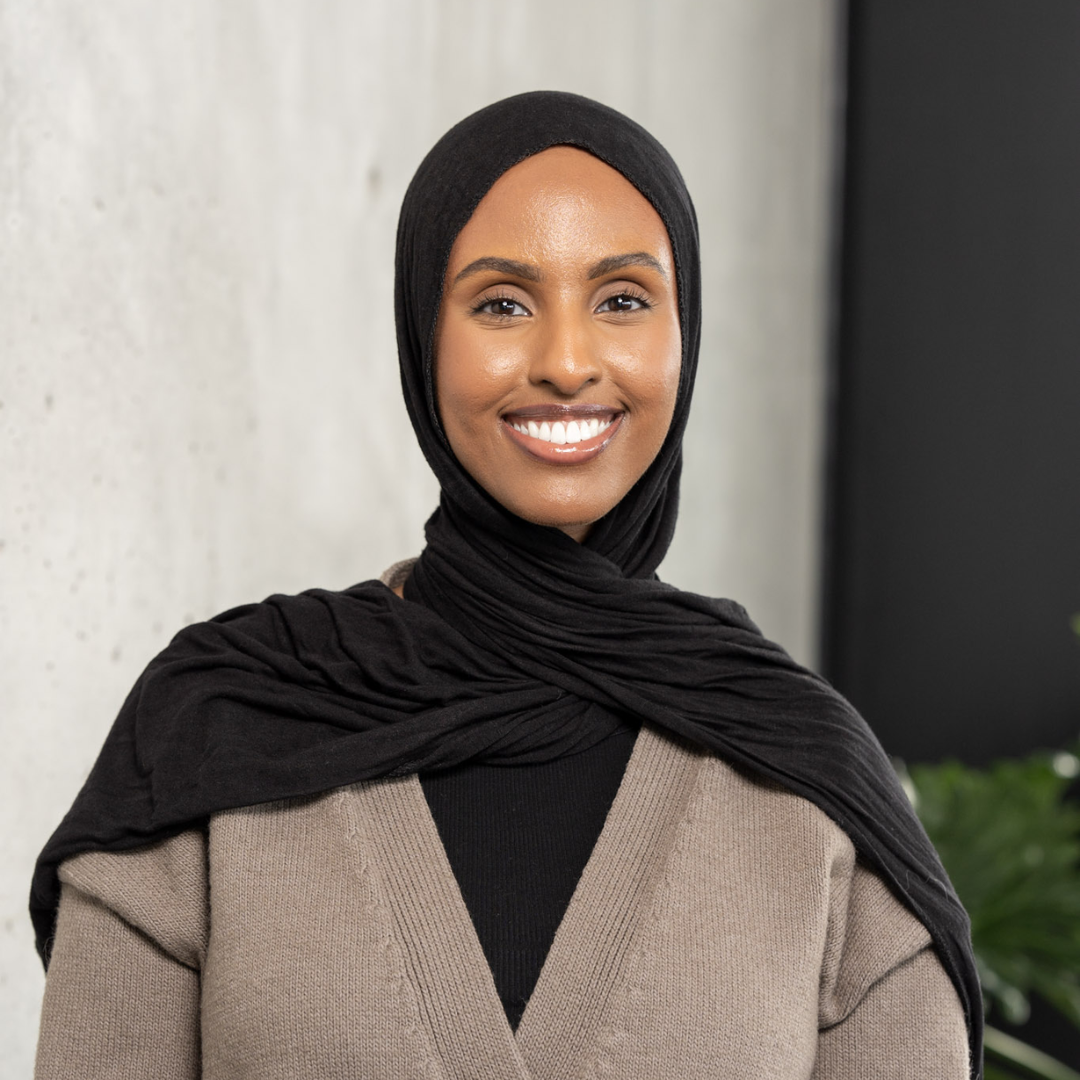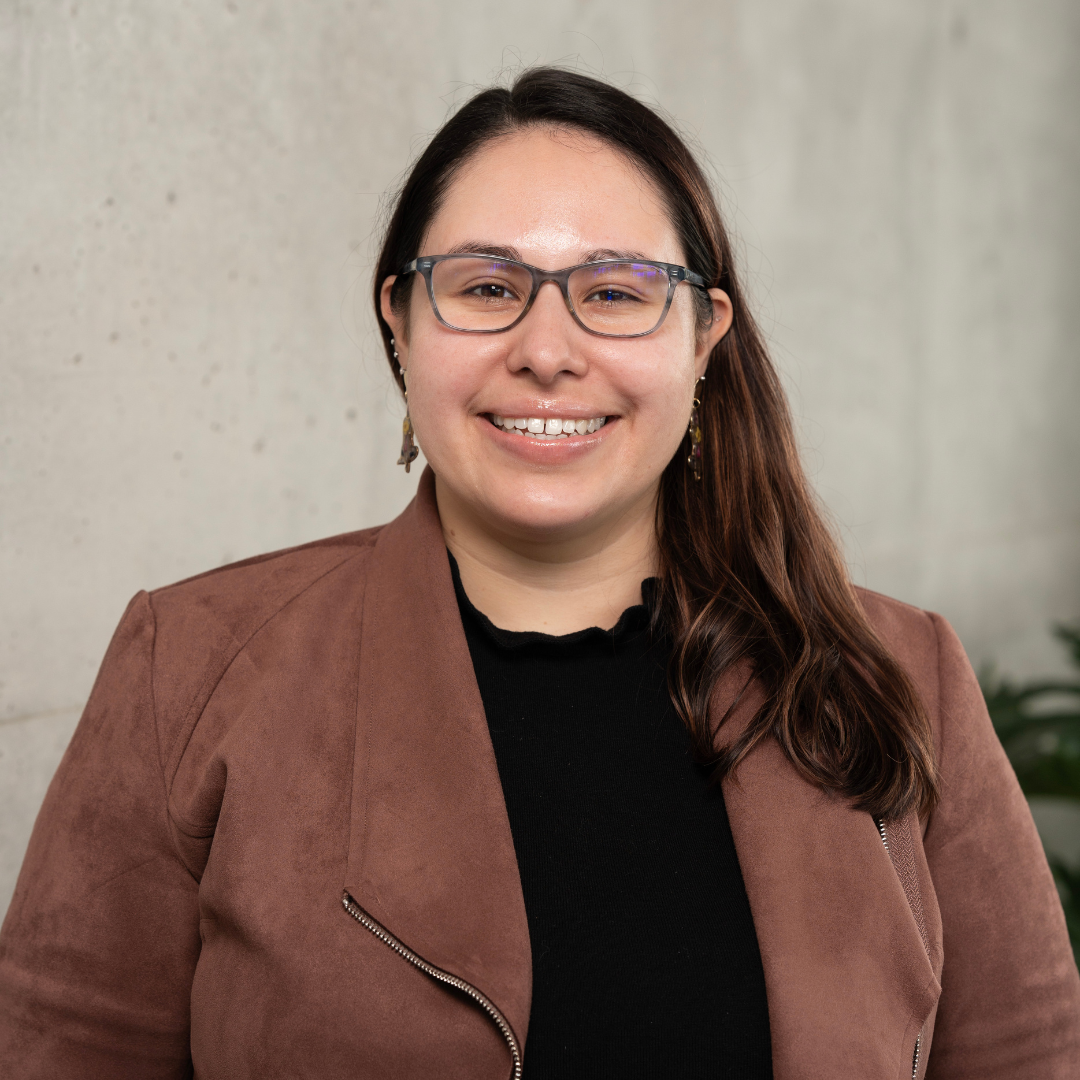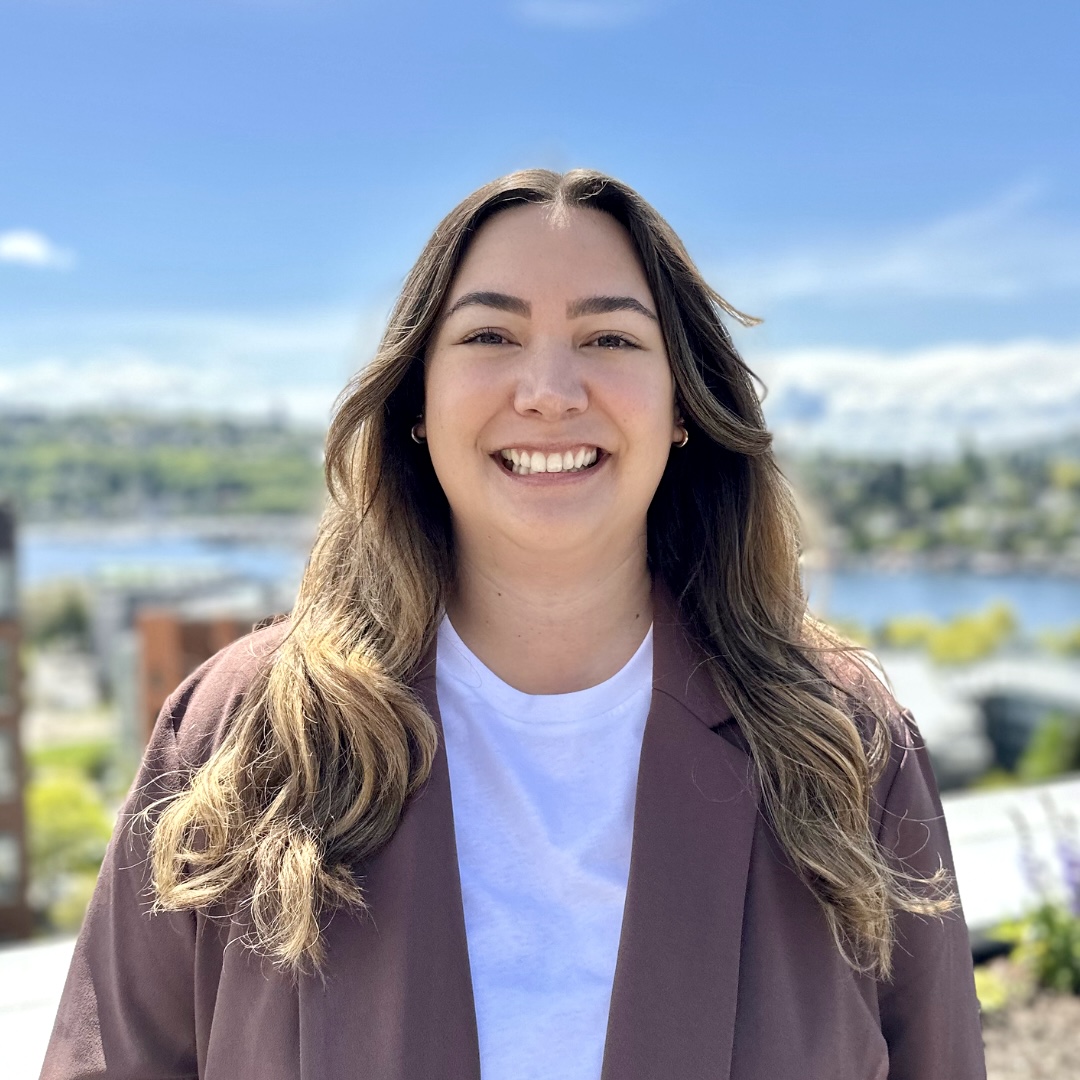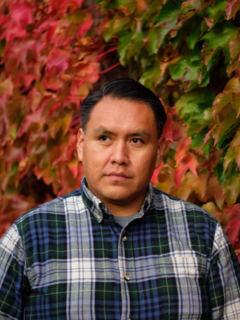Building Community and Accountibility
Where passion meets purpose. We’re on a mission to dismantle racism, build power with communities, and create a healthier future for all. Join us in rewriting the narrative of public health with heart and equity at its core.
About ARCH Center
Led by inaugural Director Dr. Wendy E. Barrington, the ARCH Center is a community-driven academic hub focused on disrupting structural racism and discrimination across diverse populations and contexts. Sparked by concerned campus and community activists in 2016, UW administration seeded over $1 million to establish the ARCH Center which will serve as an accountability mechanism for the continued anti-racist transformation of the UW School of Public Health and beyond. We enter the knowledge and experience of those originally targeted by U.S. colonization to reveal key mechanisms of structural racism and discrimination that continue to impact all our communities across systems, sectors, and settings. From this stance, the ARCH Center is working with communities to build a data-informed resource of effective anti-racist strategies for health to serve the humanity and liberation of all people.
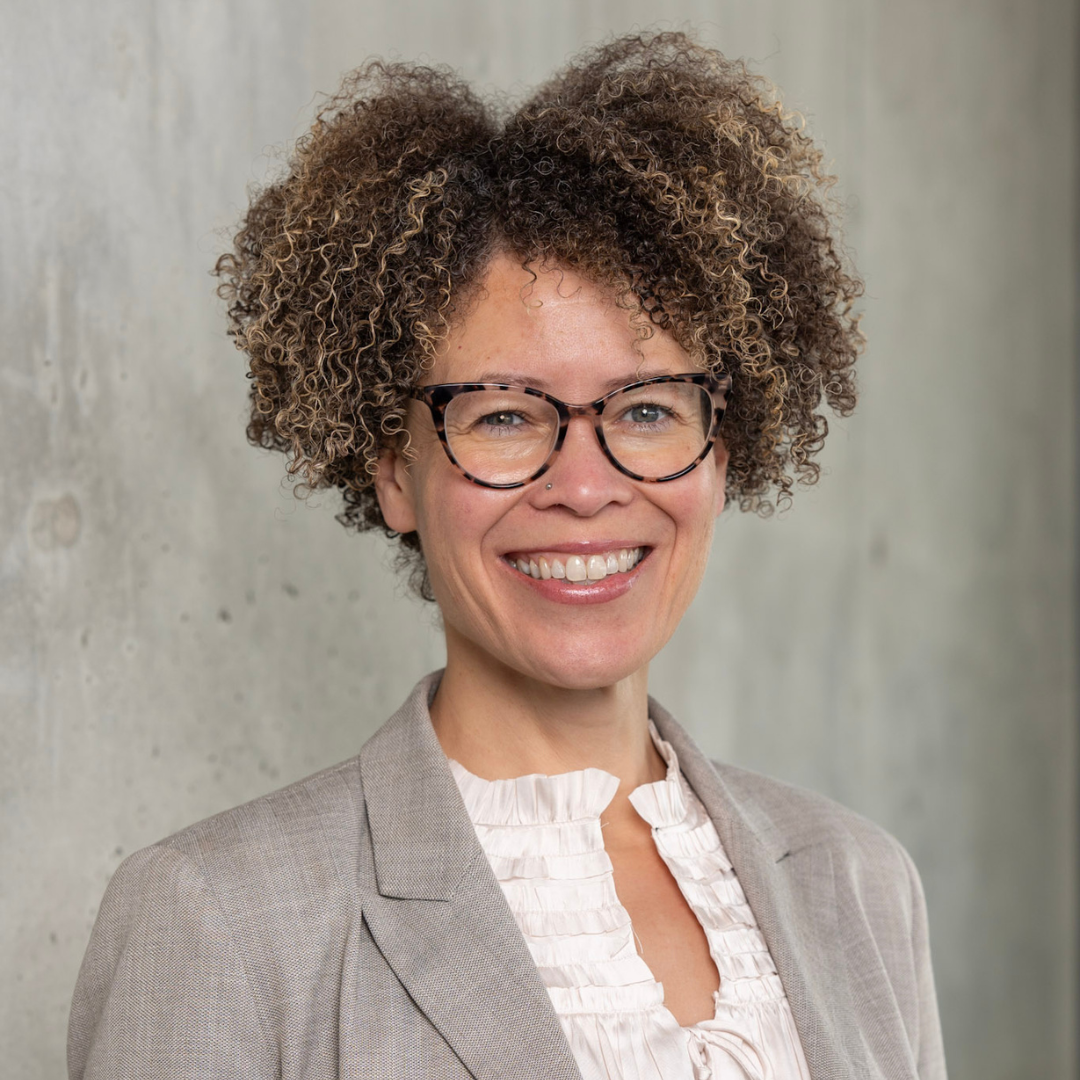
“We as a society are not healthy. We can do better by prioritizing change that will benefit those directly impacted by structural racism and discrimination. We can do better by centering, uplifting, and championing the strengths of communities placed at the margins by our systems. In solidarity, every community will benefit from these strategies of radical inclusion.”
Wendy E. Barrington, PhD, MPH | Director
Vision, Mission, and Values
We envision a world where health justice is prioritized to serve the humanity and liberation of all people. Our mission is to co-create and test strategies that disrupt racism in health while amplifying the knowledge and experiences of Black and Indigenous peoples in our collaborative approach to community health equity action. Our approach is guided by the following values:
• Health equity
• Cultural wealth
• Community voice and self-determination
• Systems and institutional accountability
Our Founding and Founders
It is important to share the story for how the ARCH Center was born because that narrative has shaped how we are spinning up its structure and honing its vision, mission, and values. This truth-telling also serves as a sustained call and commitment for accountability to address institutionalized racism and anti-Blackness, specifically, at the University of Washington School of Public Health (SPH) and beyond.
In 2016, campus police responded to a group of men, all either SPH members, program participants, or their guests who were standing outside while Black. The encounter resulted in one man being taken into custody and the others left without explanation or certainty of that man’s continued health and well-being. When this incident was shared with SPH leadership, the concerns were neither heard nor addressed. The dismissal of the concern heightened trauma responses which were then met with another avoidable police encounter. A departmental building was locked down and armed police were stationed inside for several days.
Students, faculty, staff, and community members rose up and demanded repair and assurances that SPH would commit to and be accountable for anti-racist transformation. The ARCH Center was the structure demanded by those constituents and the dean and provost at the time seeded over $1M for its establishment. Multiple national searches later, Dr. Wendy E. Barrington was universally selected as the ARCH Center inaugural director in 2021.
Accordion #1
Lorem ipsum dolor sit amet, consectetur adipiscing elit. Ut elit tellus, luctus nec ullamcorper mattis, pulvinar dapibus leo.
Learn More
In 2016, campus police responded to a group of men, all either SPH members, program participants, or their guests who were standing outside while Black. The encounter resulted in one man being taken into custody and the others left without explanation or certainty of that man’s continued health and well-being. When this incident was shared with SPH leadership, the concerns were neither heard nor addressed. The dismissal of the concern heightened trauma responses which were then met with another avoidable police encounter. A departmental building was locked down and armed police were stationed inside for several days.
Students, faculty, staff, and community members rose up and demanded repair and assurances that SPH would commit to and be accountable for anti-racist transformation. The ARCH Center was the structure demanded by those constituents and the dean and provost at the time seeded over $1M for its establishment. Multiple national searches later, Dr. Wendy E. Barrington was universally selected as the ARCH Center inaugural director in 2021.
ARCH Staff & Students
Meet Our Team
Get to know the passionate minds driving change at ARCH Center. Our diverse team of experts bring a wealth of experience in public health, anti-racism advocacy, and community engagement. Meet the faces behind our mission, dedicated to dismantling racism and advancing community health for a brighter future.
Dr. Wendy E. Barrington
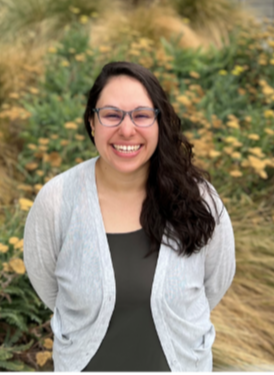
Kisna Prado
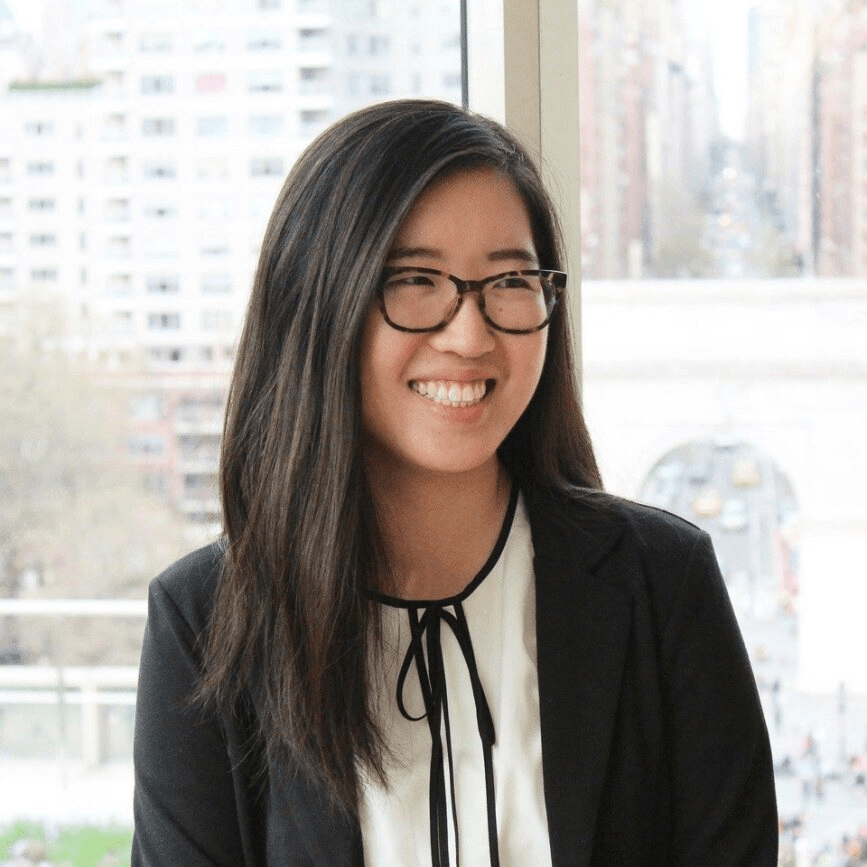
Carolyn Fan
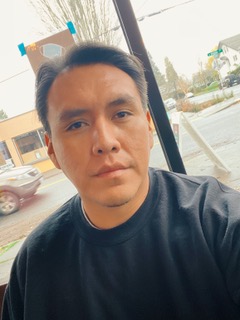
Matthew Frank (Diné)
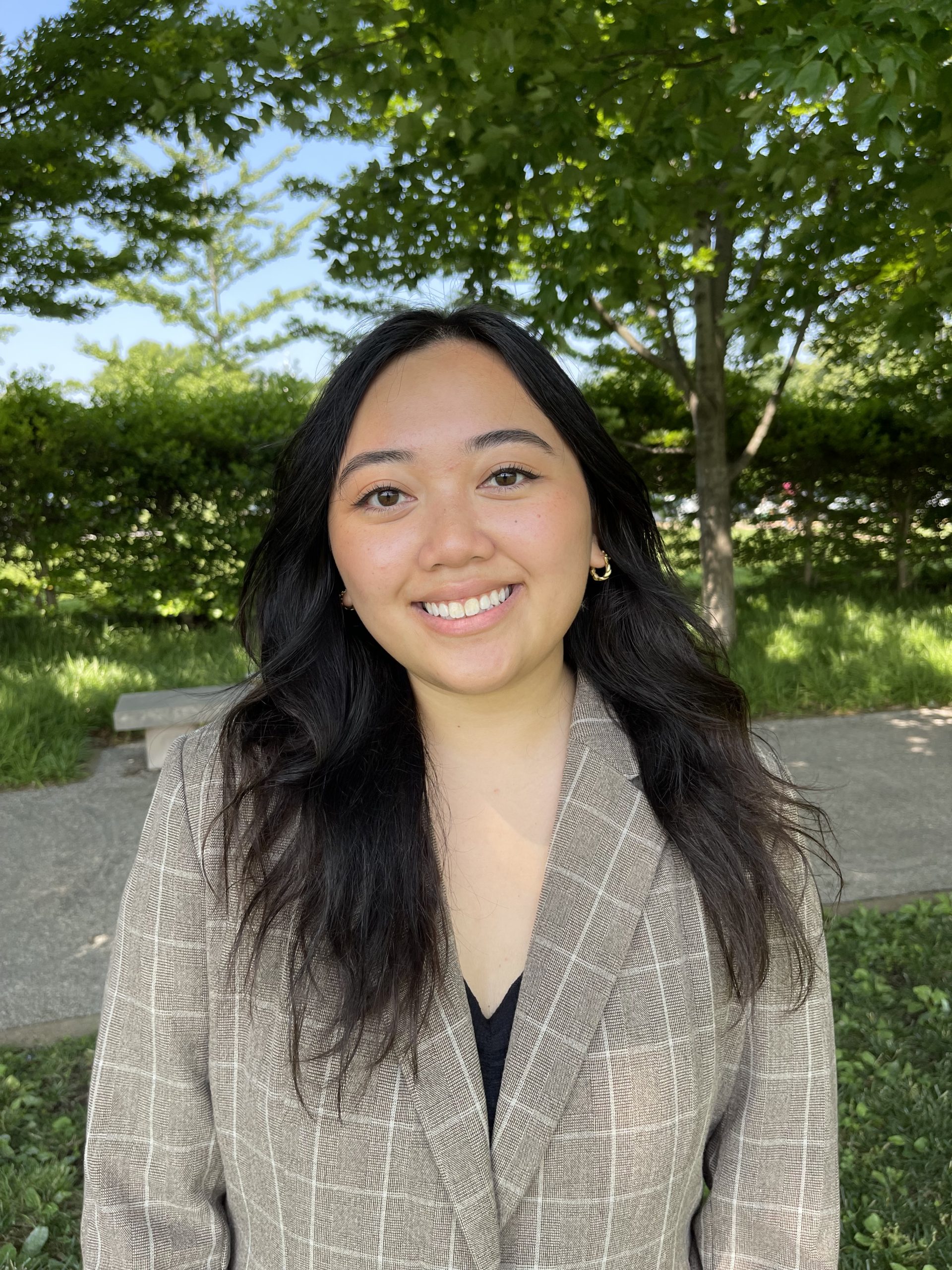
Alcess Nonot
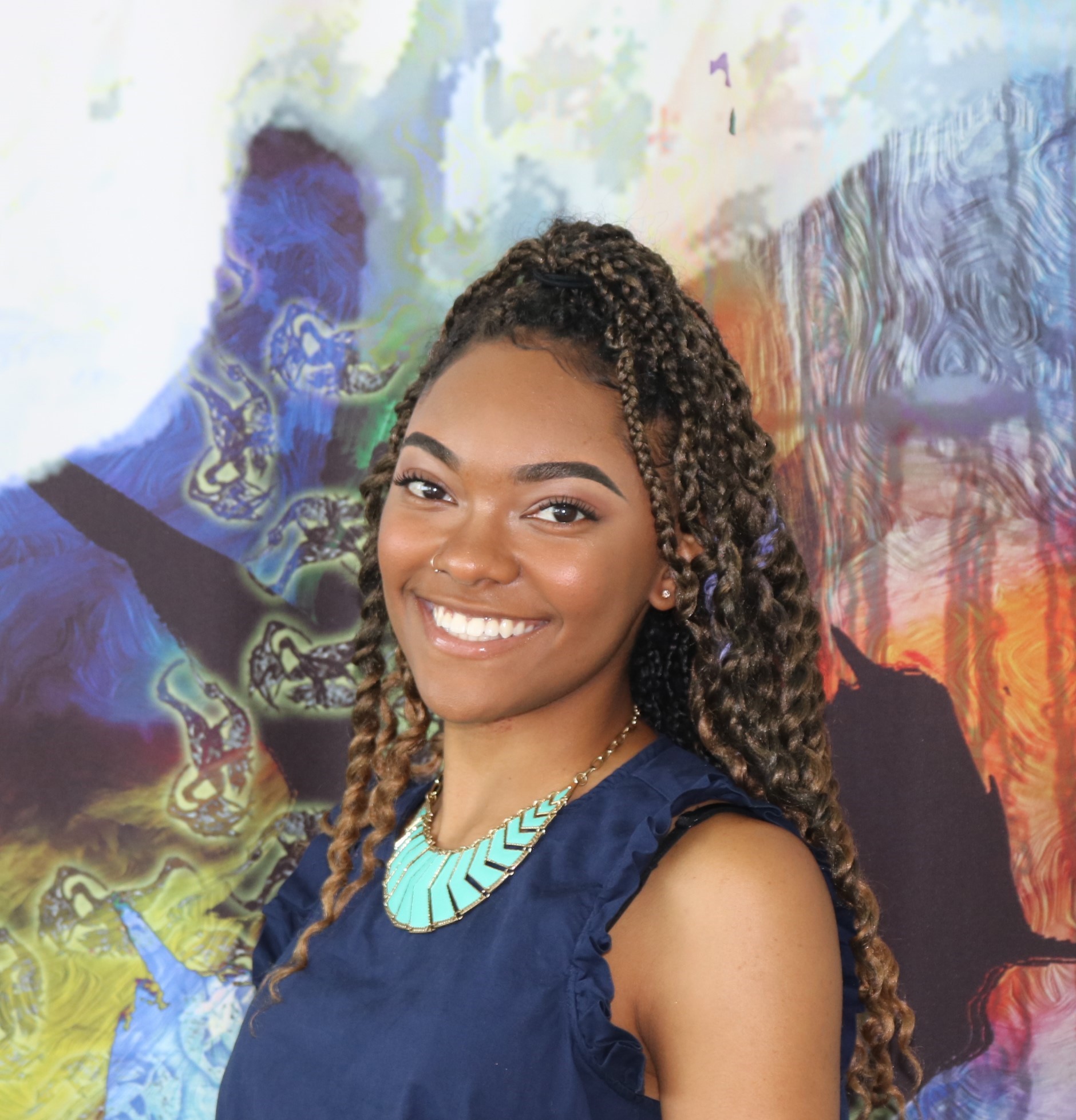
Tiara Ranson
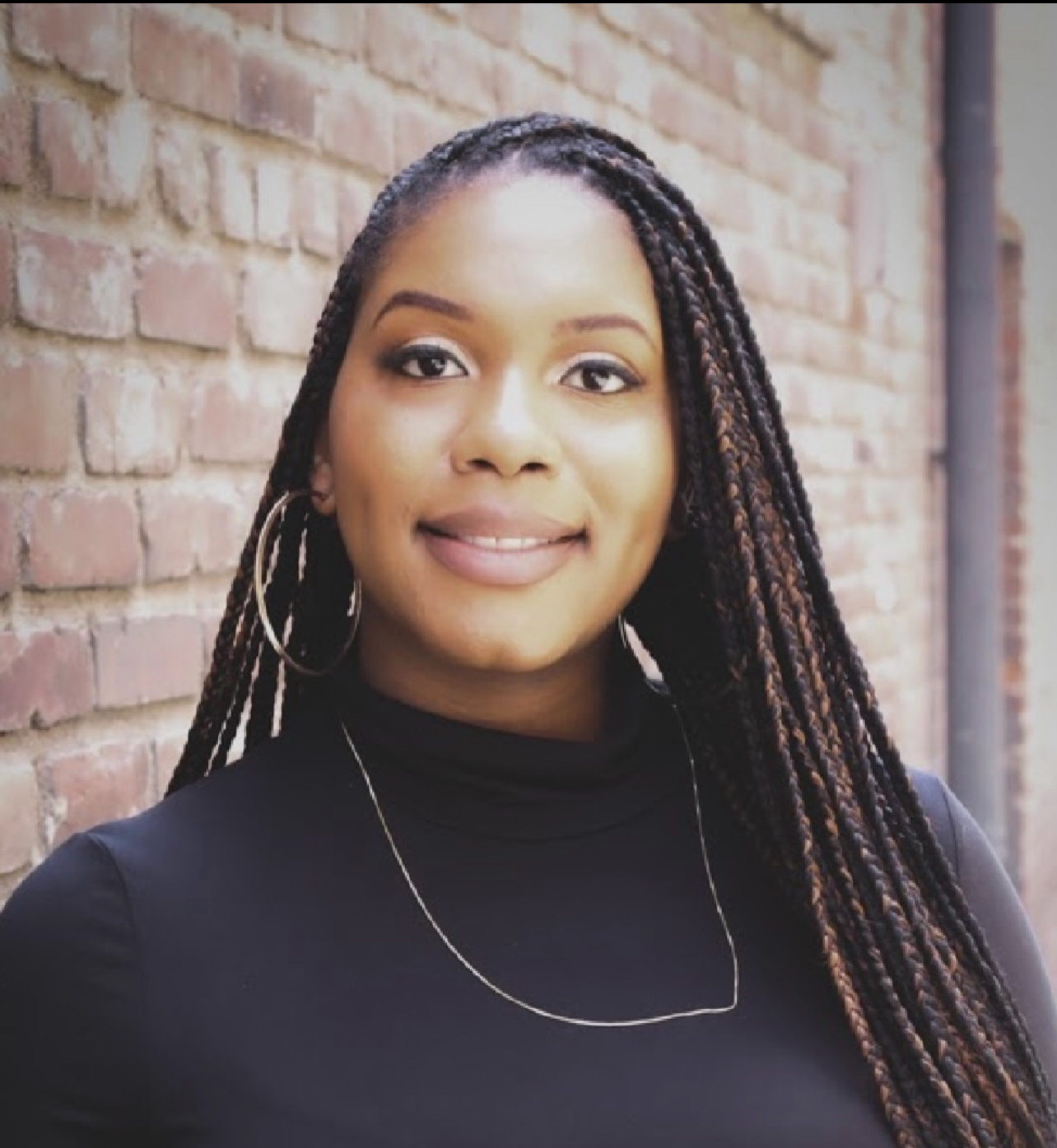
Brittany Oladipupo
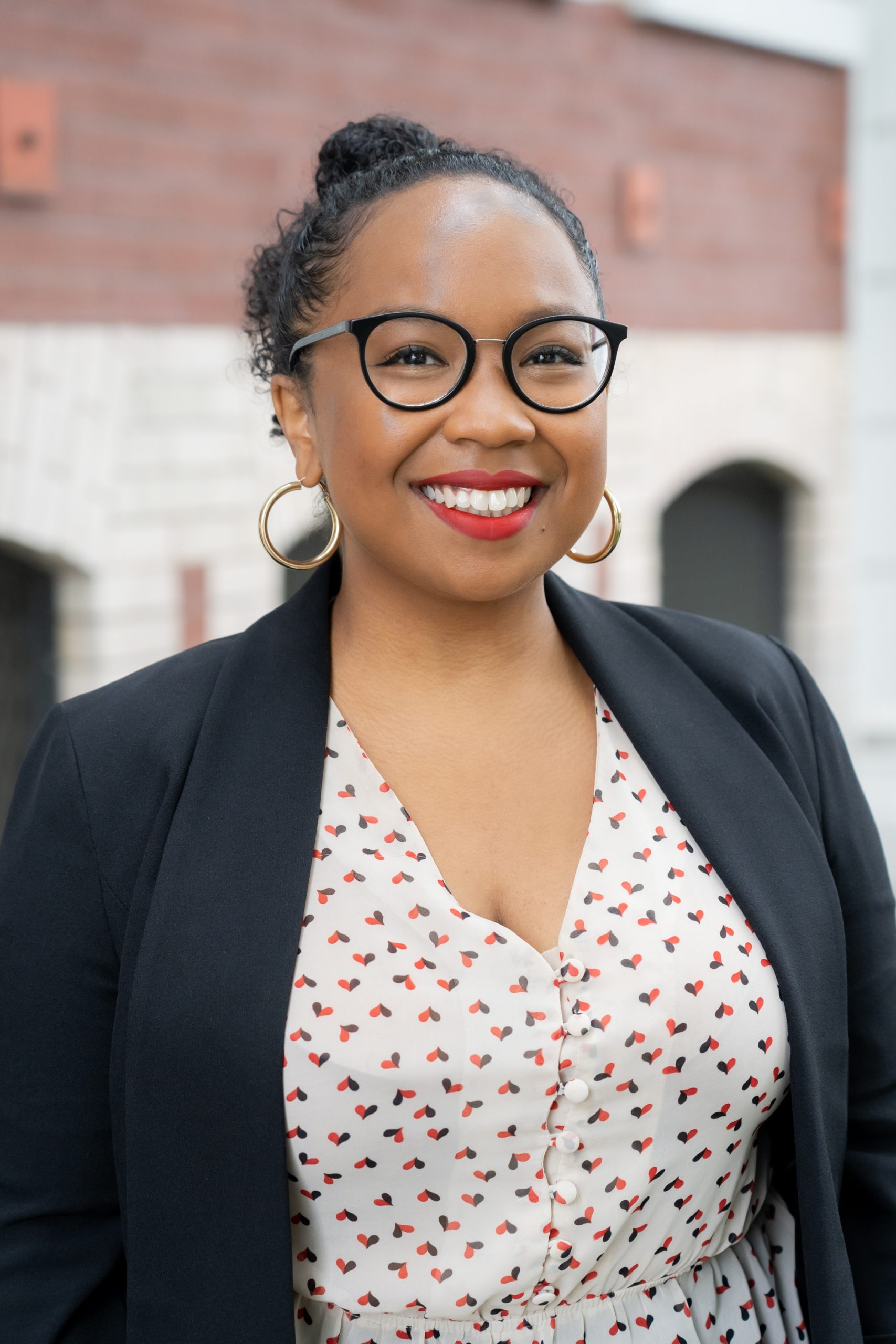
Zyna Bakari

Deeqa Mah
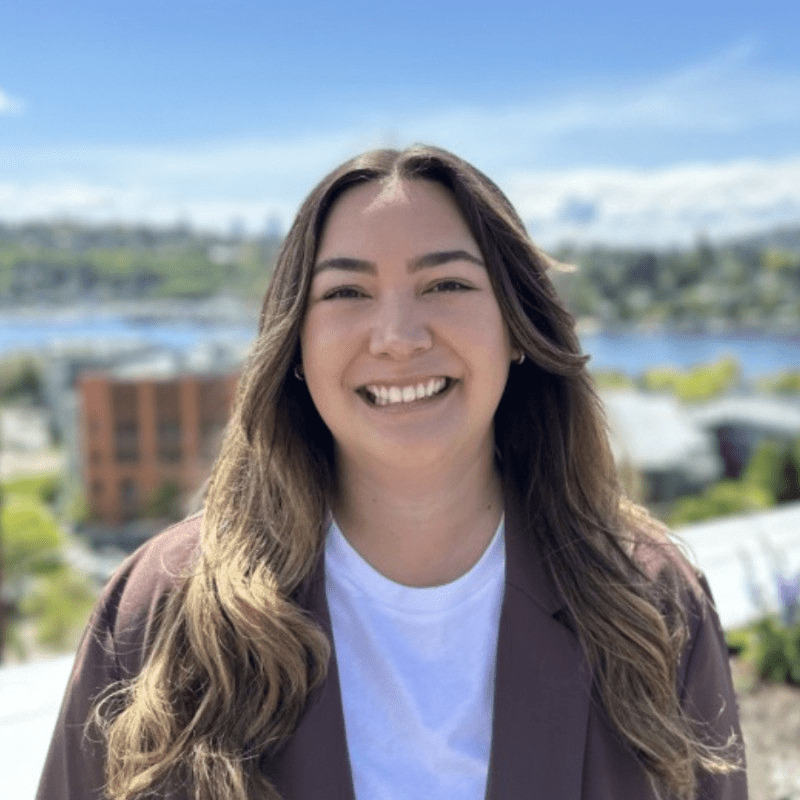
Kenzie Locke
Dr. Wendy E. Barrington (she/her) serves as the inaugural Director of the ARCH Center…Learn More →
Dr. Wendy E. Barrington
She is a Graduate Research Assistant at the ARCH Center and a second-year MPH student in the Community-Oriented Public Health Practice (COPHP) program…
Learn More →
Kisna Prado
She is a Research Scientist at the ARCH Center, where she was previously a Graduate Research Assistant…
Learn More →
Carolyn Fan
He is Diné from the Navajo Nation. He is a graduate research assistant at the ARCH Center…
Learn More →
Matthew Frank (Diné)
She is a Research Coordinator at the ARCH Center. She graduated with degrees in Human…
Learn More →
Alcess Nonot
She is a Graduate Research Assistant at the ARCH Center. She is Black, Cape Verdean…
Learn More →
Tiara Ranson
She is an Operations Specialist at the ARCH Center. She earned her Master of Public…
Learn More →
Brittany Oladipupo
She is a Graduate Research Assistant at the ARCH Center and a Master of Public Health student…
Learn More →
Zyna Bakari
She is a Research Coordinator at the ARCH Center. She earned her MPH from the….
Learn More →
Deeqa Mah
She is a Communications Specialist within the Department of Health Systems and…
Learn More →
Kenzie Locke

Dr. Wendy E. Barrington
Dr. Wendy Barrington (she/her) serves as the inaugural Director of the ARCH Center.
Alcess Nonot
Alcess Nonot (she/her) is a Research Coordinator at the ARCH Center.
Brittany Oladipupo
Brittany Oladipupo (she/her) is an Operations Specialist at the ARCH Center.
Deeqa Mah
Deeqa Mah (she/her) is a Research Coordinator at the ARCH Center.
Kisna Prado
Kisna Prado (she/her/ella) is a Graduate Research Assistant at the ARCH Center.
Kenzie Lock (Kānaka Maoli)
Kenzie Lock (she/her) is the Communications Specialist for ARCH. She is Kānaka Maoli (Native Hawaiian).
Matthew Frank (Diné)
Matthew Frank (he/him) is Diné from the Navajo Nation and a graduate research assistant at the ARCH Center.
Scholars in Residence
The Scholars in Residence program supports leading scholars and practitioners who are advancing anti-racism in public health. These distinguished community voices spend a designated period at the center to engage in academic, research, or creative activities that align with the center’s mission.
Faculty Affiliates
Our faculty affiliates bring a wealth of expertise, insight, and specialized skills to support and enhance the Center’s ongoing projects and initiatives. Their contributions help drive innovation, interdisciplinary collaboration, and impactful outcomes. Learn more about each of our affiliates and explore their work by clicking below!
ARCH Center Structure
The “flower of power” is a shared governance structure to integrate the voice and perspectives of constituent communities into the decision-making that drives the strategic direction and actions of the ARCH Center. The flower of power “petals” are: the Black Advisory Collective (BLAC), the Indigenous Advisory Collective (IAC), the Student Advisory Board (SAB), and the Community Accountability Board (CAB).
Members of BLAC and IAC include faculty, staff, students, and community members who identify as Black and/or Indigenous. Members of SAB include students from the SPH as well as from other schools and colleges across the UW Seattle campus. The CAB is in the initial formative stages and is envisioned to include leaders from community-based organizations or groups who are partnering with the ARCH Center on anti-racism projects or who are directly impacted by issues or actions related to the scholarship of ARCH Center staff or affiliates.
Anti-Racism Center Collective
ARCH Faculty Affiliates
ARCH Community Affiliates
ARCH Student Affiliates







